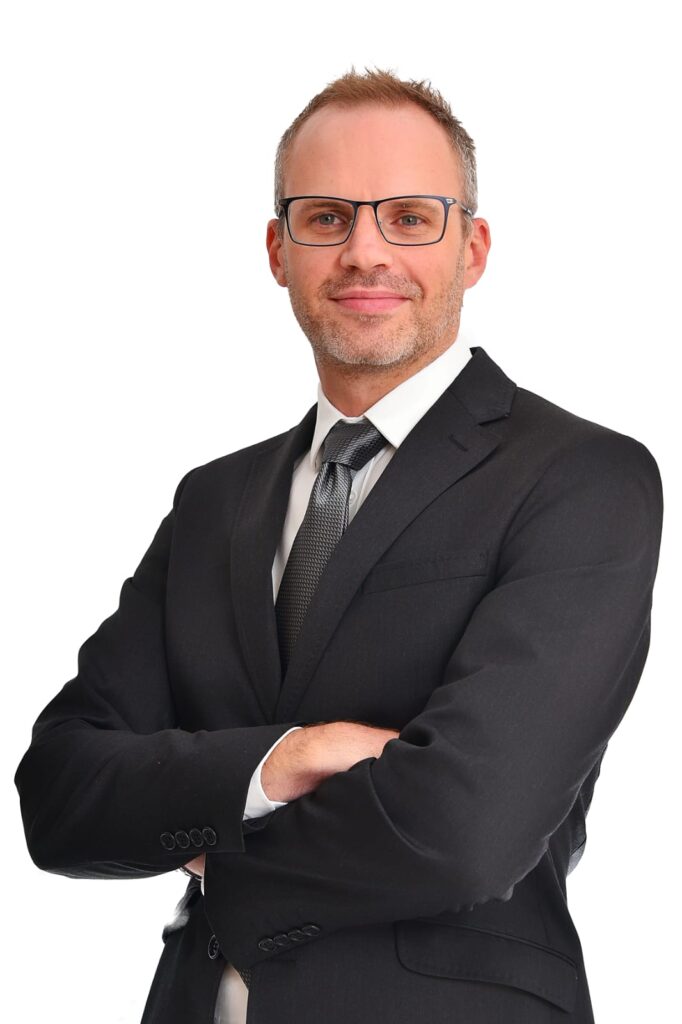Francois Lombard, Head: Investment Distribution at Momentum Distribution Services

South African high-net-worth investors (HNWIs) and their advisers are increasingly realising the value of looking beyond local markets to the rest of the world. Local equities make up barely 1% of the global market, so confining a portfolio to the JSE alone is like eating only biltong for dinner – safe, but rather one-dimensional. By contrast, global exchanges list tens of thousands of companies to invest in.
Think of a diversified portfolio as a G.L.O.B.E. – Geographically Layered, Opportunity-Balanced Exposure. Just like a well-balanced meal, each region or asset class adds different nutrients to the portfolio. One market might offer sizzling growth, another steady income, and yet another acts as a defensive anchor. When combined, these ingredients reduce risk and enhance long-term outcomes. When one market stumbles, another may step up – keeping the whole dish steady.
Diversification isn’t just a theory in a textbook. It’s a real-world strategy that helps smooth returns and protect purchasing power across market cycles.
The power of externalisation
South Africans can legally invest offshore using the Reserve Bank’s exchange control rules. Each individual has an annual R1 million Single Discretionary Allowance (no tax clearance needed) and – with a SARS tax clearance certificate – a R10 million Foreign Investment Allowance. In effect, a person can externalise up to R11 million per year to buy foreign assets.
This externalisation allows investors to hold funds in hard currencies like US dollar, euro, or British pound – naturally diversifying their currency exposure. For instance, when the rand weakens, assets held in dollars or euros can benefit, cushioning overall returns. For most HNWIs, using a good portion of these allowances annually is just smart planning, leaving unused hedging capacity on the table isn’t.
Making the most of your offshore allowance
To put externalisation into practice, advisers should guide clients through the planning process. First, obtain the necessary SARS tax clearance if the R10 million allowance is to be used. Funds can then be remitted through banks or forex providers into offshore accounts and invested globally.
Many advisers take a “use it or lose it” view: if a wealthy client can remit R10 million, don’t let it sit idle, put it to work in a structured offshore investment solution. While feeder funds or asset swaps are options, they often add cost and complexity. The key message? Exchange control limits are generous, and clients should use them strategically to guard against rand-centric risk.

Smart Tech. Human Insights.
Join us at TechFest 2025, where visionaries and innovators explore how human intelligence evolves in a technology- driven world. Don’t miss your chance to network with industry leaders, gain cutting-edge insights, and position your brand at the forefront of innovation.
Secure your spot today!
Be Part of the Future, Sponsorship Opportunities Available!
Momentum Wealth International: Your global platform
Momentum Wealth International (MWI) is the Guernsey-based platform designed specifically for South African investors with offshore ambitions. Think of MWI as an offshore Linked Investment Service Provider (LISP), an investment platform that gives access to over 1 200 funds across multiple currencies and wrappers, including both Momentum’s own solutions and a wide range of third-party global funds.
MWI is licensed by the Guernsey Financial Services Commission and authorised by the FSCA. Importantly, it’s an adviser-only platform, meaning all investments are accessed through licensed financial advisers. This ensures the adviser remains in control of the client relationship, while MWI provides the platform, reporting tools, and flexibility to execute sophisticated offshore strategies.
Matching the solution to the client
For advisers, the task is to align client objectives with the right mix of offshore solutions:
- MWI allows advisers to blend global equities, bonds, property, and other assets inside each contract. A client might hold U.S. tech, European bonds, and Asian REITs – all visible and manageable through one portal.
MWI’s portal also provides consolidated reporting and real-time access to fund values. Currency breakdowns and contract-level summaries make reviews easy for both adviser and client.
And yes – you really can switch between funds online, in real time, without triggering money flows back into rand. It’s like choosing your global pizza toppings without needing to bake a new pie every time.
Add global flavour
Offshore diversification is no longer a luxury for South African HNWIs – it’s a modern essential. Momentum Wealth International offers a trusted, regulated platform to make this process easy, compliant, and strategic. Its International Investment and Endowment options give advisers the flexibility to structure global portfolios that hedge against rand risk, manage tax efficiently, and ensure smooth estate transfer.
In short, MWI equips advisers to add global flavour to every client’s investment diet. Because as every seasoned investor knows, diversification may be the only “free lunch” in finance. And thanks to MWI, that lunch now comes with a full global menu. For more information on our offshore investing solutions, visit Momentum Wealth International at momentum.co.gg.
Editors Thoughts
Reading this article, I was struck by how the concept of “rand fatigue” captures something many South African investors feel but don’t always name — a quiet frustration with the limits of a locally bound investment strategy. Francois Lombard doesn’t just offer a solution; he reframes the way we should be thinking about wealth in a global context. His G.L.O.B.E. analogy reminds us that true diversification isn’t about fleeing local markets, but about expanding our perspective to include the full richness of global opportunities. It’s a timely reminder that financial planning today isn’t about choosing between local and offshore, it’s about finding the right blend to sustain wealth across borders, currencies, and generations.
How are you currently protecting your portfolio from rand depreciation — and could your strategy benefit from a more global, opportunity-balanced approach?

